What do you look for in a garden center?
empresaria
14 years ago
Related Stories
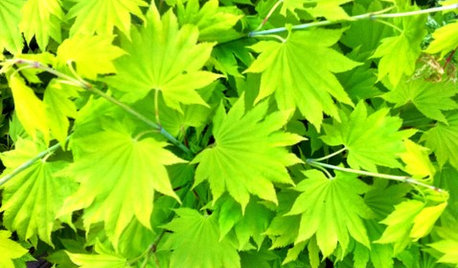
LIME FOLIAGE16 Stunners From an English Garden Center
Get the abundant, overflowing look of an English garden with these hardworking spring-blooming plants and flowers
Full Story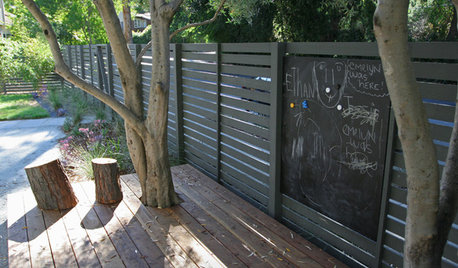
GARDENING AND LANDSCAPINGBackyard Play Spaces That Put Kids Front and Center
Skip the trip to the playground. These kid-friendly outdoor spaces will help your little ones burn off energy without leaving home
Full Story
DECORATING GUIDES8 Ways to Decorate a Center Table
Make a feature table look grand no matter what its size, with artistic arrangements of flowers, vases and more
Full Story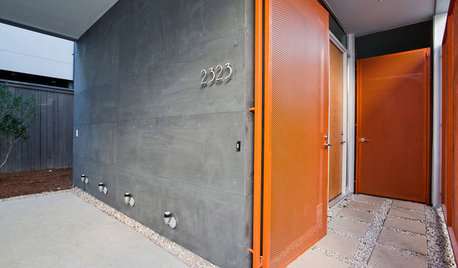
FRONT DOOR COLORSFront and Center Color: When to Paint Your Door Orange
Bring high energy and spirit to your home's entryway with a vibrant shade of orange on the front door
Full Story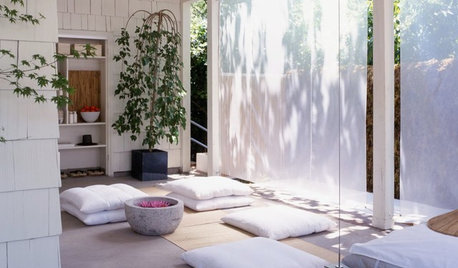
LIFESimple Pleasures: Get Centered
Make time to regroup and recharge with a special spot for meditation, yoga or any other mindful pursuit
Full Story
DENS AND LIBRARIESThese Rooms Put the Allure of Books Front and Center
Immerse yourself in a collection of book-filled rooms that indulge a passion for the printed page
Full Story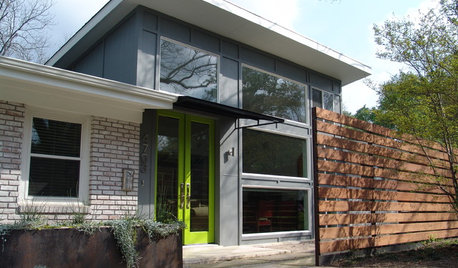
FRONT DOOR COLORSFront and Center Color: When to Paint Your Door Green
Fresh, fun and a pleasant surprise on a front door, green in subtle to strong shades brings energy to home exteriors
Full Story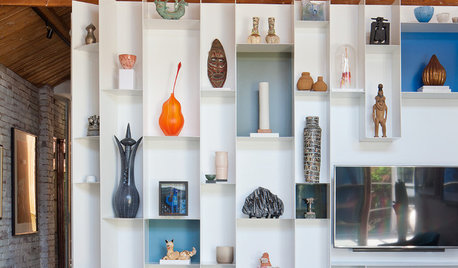
ART10 Homes Where Art Takes Center Stage
Homeowners’ passion for their collections drives the design of these art-filled homes
Full Story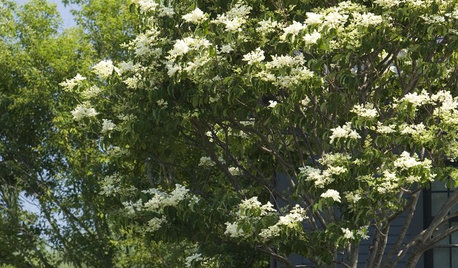
GARDENING GUIDESNo-Regret Plants: 5 Questions Smart Shoppers Ask
Quit wasting money and time at the garden center. This checklist will ensure that the plants you're eyeing will stick around in your yard
Full Story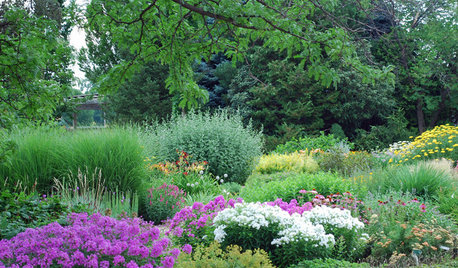
LANDSCAPE DESIGNTake Your Garden on a Rural Route With Plant-Dominant Designs
Let plants take center stage for a garden that recalls idyllic pastures fashioned by nature's hand
Full StorySponsored






Bumblebeez SC Zone 7
tsmith2579
Related Professionals
Graham Landscape Architects & Landscape Designers · Seabrook Landscape Architects & Landscape Designers · Alamo Landscape Contractors · Clayton Landscape Contractors · Danvers Landscape Contractors · Dedham Landscape Contractors · Fort Payne Landscape Contractors · Hickory Hills Landscape Contractors · Inglewood Landscape Contractors · Lake Worth Landscape Contractors · Longmont Landscape Contractors · Paramount Landscape Contractors · Shoreview Landscape Contractors · Winter Gardens Landscape Contractors · Clearfield Landscape Contractorsrhizo_1 (North AL) zone 7
pinkspoonbill
Bumblebeez SC Zone 7
jblah72
empresariaOriginal Author
rhizo_1 (North AL) zone 7
idig
dottie_in_charlotte
empresariaOriginal Author
dottie_in_charlotte